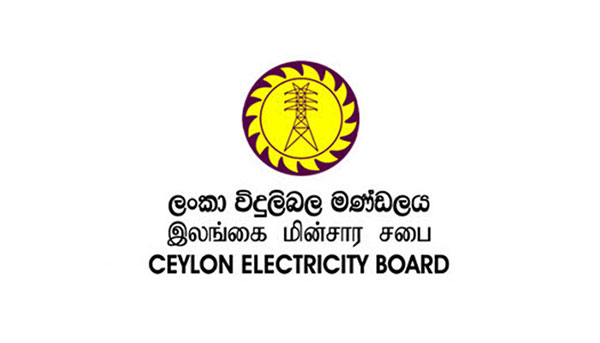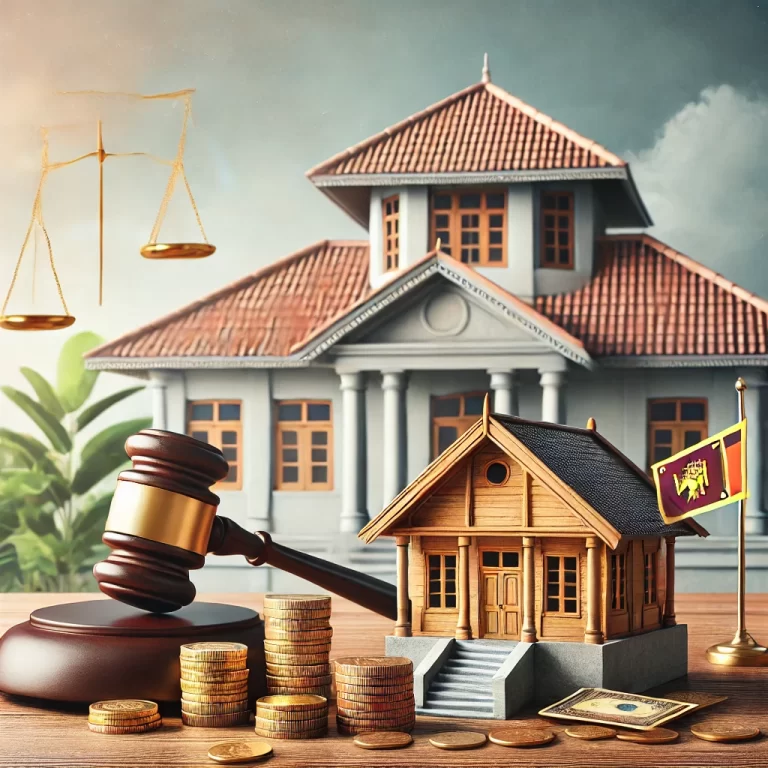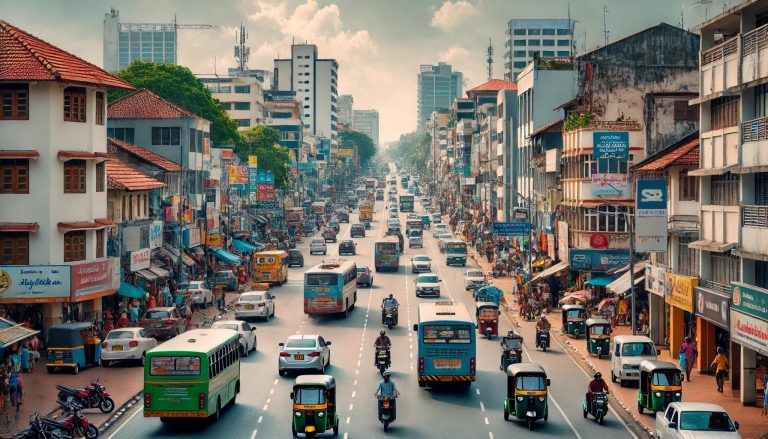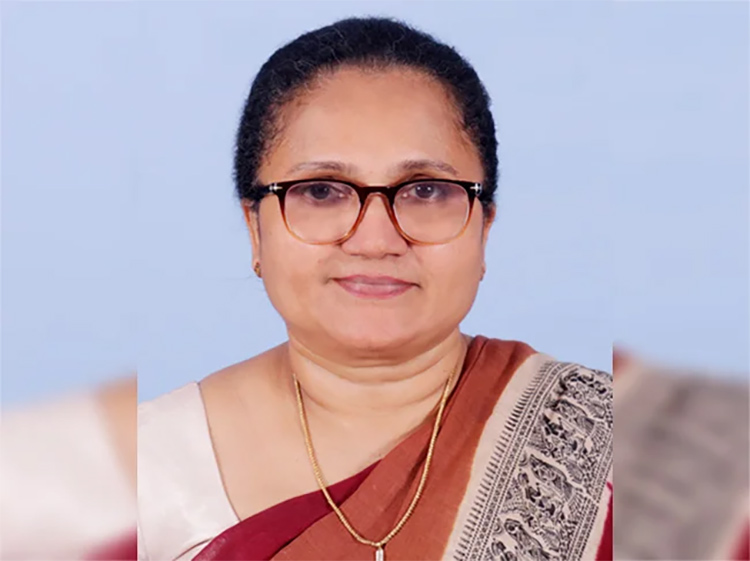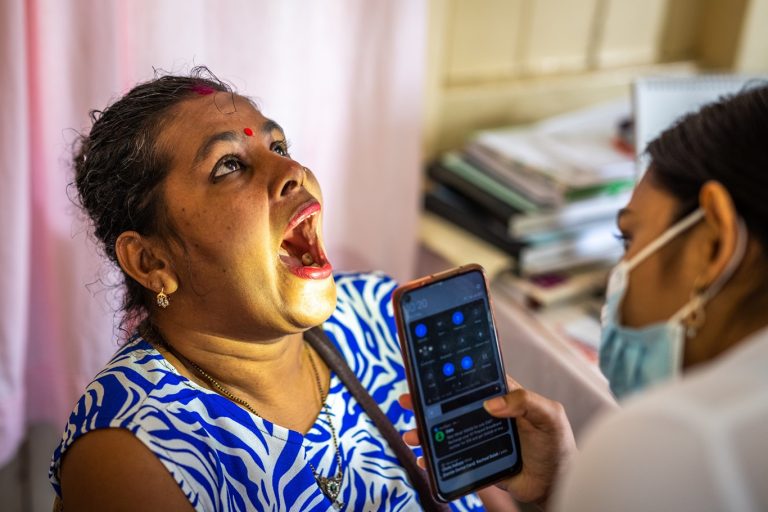In Sri Lanka, the Election Commission bears the primary responsibility of ensuring that electoral processes are conducted independently, impartially, and fairly. The Constitution of Sri Lanka establishes the Election Commission as an independent entity to oversee the organization of Presidential, Parliamentary, Provincial, and Local Government elections in line with the laws enacted by Parliament and the Constitution. During election periods, this mandate becomes even more critical as the Commission strives to uphold its responsibilities.
However, a recent decision by the Election Commission has sparked significant attention from intellectuals, writers, and human rights organizations. On September 4th, a book launch event for “NPP Kathaawa saha JVP Kriyawa” (The NPP Story and JVP Actions) authored by senior journalist Eric Gamini Jinapriya was scheduled at the N.M. Perera Centre in Borella. The event was to feature speeches by several notable figures, including Ven. Bengamuwa Nalaka Thero, Omare Kassapa Thero, C.A. Chandraprema, and Sumedha Weerawardhana.
Despite these plans, reports indicate that the Election Commission banned the event, with the Borella Police enforcing the order. After a discussion with the organizers, the book launch proceeded without the scheduled speeches. This appears to be the first instance in which the publication of a book by a Sri Lankan author has been prohibited. This move raises significant questions about freedom of expression, a right protected by the Constitution, and whether such an action aligns with existing electoral laws.
Legality and Freedom of Publication
Historically, various books published by writers have had notable impacts during election periods in Sri Lanka. For instance, in the 1965 or 1970 general elections, a book titled “The Buddhist Genocide in Tibet” was distributed at every United National Party (UNP) meeting, highlighting the potential danger to Buddhism if Marxism became influential in the country. Similarly, during the 1977 elections, the UNP published a pamphlet titled “Pawul Gasa” (The Family Tree), which criticized the Bandaranaike family’s influence. These publications played significant roles in shaping public opinion but were not restricted by the Election authorities.
Furthermore, many political parties have released manifestos in book form for the current election. The policy statement of Ranil Wickremesinghe is 62 pages long, that of Anura Kumara Dissanayake is 233 pages, and Sajith Premadasa’s is 38 pages. These documents, which outline the parties’ ideologies and policies, are freely distributed, highlighting the disparity between the treatment of political publications and the suppression of an author’s freedom to express his views.
The Commission’s Actions and Constitutional Rights
The Election Commission frequently emphasizes that media outlets should not promote any candidate or harm other candidates. However, promoting a candidate’s manifesto inherently benefits that candidate and disadvantages others. Nevertheless, the Commission does not have the authority to ban the publication of these manifestos.
Given this context, the Commission’s decision to halt the launch of “NPP Kathaawa saha JVP Kriyawa” raises concerns about its adherence to constitutional principles. Despite various political changes over time, there is little evidence that any government in Sri Lanka has actively sought to suppress or control writers’ freedom. The Commission’s decision could be interpreted as a breach of the freedom of speech and publication guaranteed by the Constitution.
The Broader Implications of Suppression
It is essential to question whether anyone complained that the book launch would harm a specific political party or if anyone from the Commission actually read the book to justify such a decision. The suppression of speeches planned for the launch also raises concerns about whether any content deemed harmful to a political party was identified without sufficient evidence. Under what legal authority did the Commission act to prevent the gathering of a scholarly group merely because an election was underway?
The Election Commission’s primary duty is to ensure fair elections, free from coercion, pressure, or threats against any party. Yet, recent events suggest a potential bias, given the absence of action against more direct political threats, such as the death threats faced by the “Marians Music Group” from a political party. The music group publicly revealed that its members received death threats, yet there was no response from the Commission.
Upholding Impartiality and Fairness
For the Commission to maintain its impartiality, it must consistently adhere to its guidelines and remain unaffected by any external influence. The suppression of a writer’s book launch and the lack of action against other, more direct political threats raise doubts about the Commission’s ability to function as an unbiased entity. The right to freedom of expression, guaranteed by the Constitution, must be upheld, especially during elections when public debate and scrutiny are vital for democracy.
The Commission must clarify its stance, demonstrate transparency in its decisions, and ensure that it does not act in a way that seems to favor any political party or suppress dissenting voices. Only then can the Election Commission truly uphold its mandate and maintain public trust in its role as an impartial guardian of free and fair elections in Sri Lanka.
– Based on an article written by Janamithra on Silumina newspaper on 8 September, 2024



